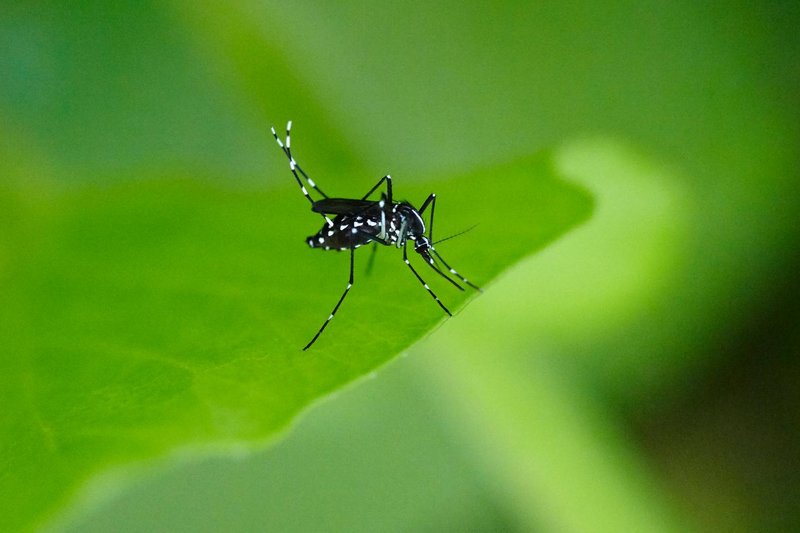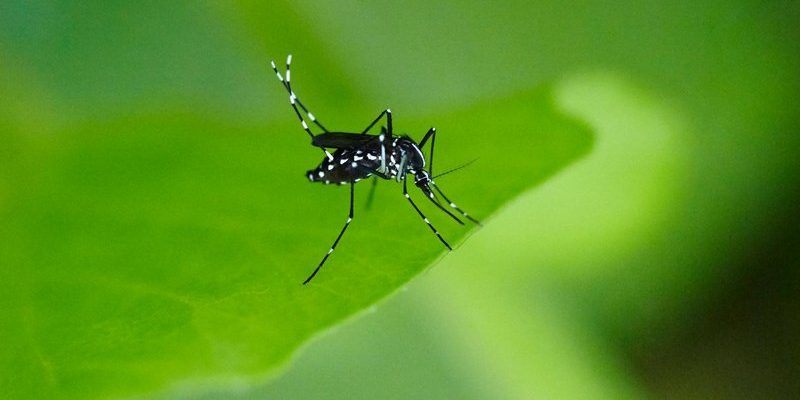
Imagine a bustling neighborhood where all the annoying, buzzing mosquitoes have to contend with their very own group of superheroes—birds, bats, amphibians, and even some insects. Each of these predators is like a piece of a jigsaw puzzle, fitting perfectly into the ecosystem and helping maintain balance. So, let’s dive into the world of mosquito predators and see who’s out to make those pesky bites a thing of the past.
Why Do Mosquitoes Matter?
To understand the importance of predators, it’s helpful to know why mosquitoes even exist. Mosquitoes play a crucial role in many ecosystems. They serve as food for a range of animals, linking various parts of the food web. Birds, bats, and fish rely on mosquitoes and their larvae as a food source, especially during specific seasons when other food options might be scarce.
Despite being seen as merely pests, mosquitoes also aid in pollination. Some species visit flowers, helping with the crucial process of plant reproduction. So, while we might not love them, they are part of a larger picture that keeps our ecosystems functioning. But when populations grow too large, the balance can tip, leading to increased disease transmission and bites. That’s where their predators come into play.
Birds: The Feathered Hunters
Birds are among the most significant threats to mosquitoes. Many species feast on adult mosquitoes, especially during twilight hours when these insects are on the move. Popular mosquito hunters include swallows, purple martins, and various sparrows.
These birds are agile flyers, capable of snatching mosquitoes mid-air, making them efficient hunters. For example, the purple martin is known to consume thousands of mosquitoes in a single day. Imagine having a whole flock of tiny, feathered warriors swooping in to save the day. They play a pivotal role in controlling mosquito populations, especially around lakes and wetlands where mosquitoes thrive.
How Birds Hunt Mosquitoes
Birds have developed several techniques to catch mosquitoes:
- Aerial Pursuit: Many birds hunt while flying, using their sharp vision to spot mosquitoes and swoop down for the catch.
- Skimming: Some species skim the surface of water, picking up mosquitoes as they land on the water’s surface.
- Chirping Alerts: Birds often alert each other about mosquito-rich areas, encouraging a group hunt.
Their presence is not just beneficial; it’s essential for maintaining control over mosquito populations.
Bats: Nature’s Nocturnal Allies
Bats are another critical predator of mosquitoes. These nocturnal creatures can consume a staggering amount of insects each night, including mosquitoes. A single little brown bat can eat up to 1,000 mosquitoes per hour! Talk about a mosquito buffet.
Besides their impressive appetite, bats also have a unique hunting style. They use echolocation, emitting sounds that bounce off objects, helping them locate their prey even in total darkness. This means that while you’re swatting at mosquitoes, bats are out there, tirelessly working to keep these pests in check.
The Importance of Bat Conservation
Bats face many threats, including habitat loss and disease. Protecting their habitats can help ensure they continue to serve as effective mosquito predators. Plus, you might consider installing a bat house in your yard to attract these friendly hunters to your home.
Amphibians: Frogs and Toads in the Fight
Don’t forget about frogs and toads! These amphibians thrive in wet environments and often feast on mosquito larvae, taking them out before they can become flying nuisances.
In ponds and marshy areas, tadpoles and adult frogs feast on mosquito larvae. This means they play a vital role in controlling populations before mosquitoes ever have the chance to buzz around your backyard.
The Lifecycle of Mosquitoes and Their Amphibian Enemies
Let’s break it down:
- Eggs: Adult female mosquitoes lay eggs in standing water.
- Lava Stage: Larvae hatch and grow in water, feeding on organic material.
- Frog’s Role: Frogs eat larvae and help reduce their numbers significantly.
For those who love gardening, having a few frogs around can be beneficial. Just think of them as your natural pest control.
Insects: Unexpected Competitors
While many insects are pests for us, some actually prey on mosquitoes. For example, dragonflies and damselflies are notorious mosquito hunters. With their swift flight and keen eyesight, they can catch mosquitoes mid-air, much like flying predators.
These insects go through a larval stage that lives in water and consumes mosquito larvae. They are nature’s aerial acrobats, performing impressive stunts while hunting.
Building A Mosquito-Friendly Environment
Encouraging dragonflies and damselflies to your garden can be beneficial. Here’s how:
- Water Features: Create ponds or water gardens to attract these insects.
- Native Plants: Use native plants to provide shelter and breeding grounds.
- Avoid Chemicals: Use natural pest control methods to avoid harming beneficial insects.
Every little effort helps in reducing mosquito populations naturally, and it can turn your garden into an ecosystem bursting with life.
Climate Change: An Indirect Threat to Mosquitoes
While it might not be a direct predator, climate change is reshaping the habitats where mosquitoes thrive, and it can affect their survival. Warmer temperatures can lead to increased mosquito reproduction rates, meaning more mosquitoes overall. In regions where winters were once harsh, mosquitoes may now survive year-round.
This shift can lead to more pests and the spread of diseases that mosquitoes carry. Understanding these broader environmental impacts highlights the importance of keeping ecosystems balanced.
How Can We Help?
To support the natural predators of mosquitoes:
- Plant native flora: Native plants create habitats for birds and insects that prey on mosquitoes.
- Reduce chemical use: Avoid pesticides that can harm beneficial species.
- Educate others: Share knowledge about the importance of natural mosquito predators in your community.
By working together to protect these predators, we can keep mosquito populations at bay while maintaining the beauty and complexity of our local ecosystems.
So, there you have it! Mosquitoes face a range of threats from various predators in the wild. Birds, bats, amphibians, and beneficial insects work tirelessly to keep their populations in check. By understanding these relationships, we can appreciate not just the role mosquitoes play in our environment but also the vital predators that help manage them.
As we navigate our way through the summer months, let’s remember that every buzzing mosquito we dodge is part of a bigger story. By protecting their natural enemies, we can find a balance that works for all of us—keeping those pesky bites at bay while supporting the beauty of our ecosystems.

